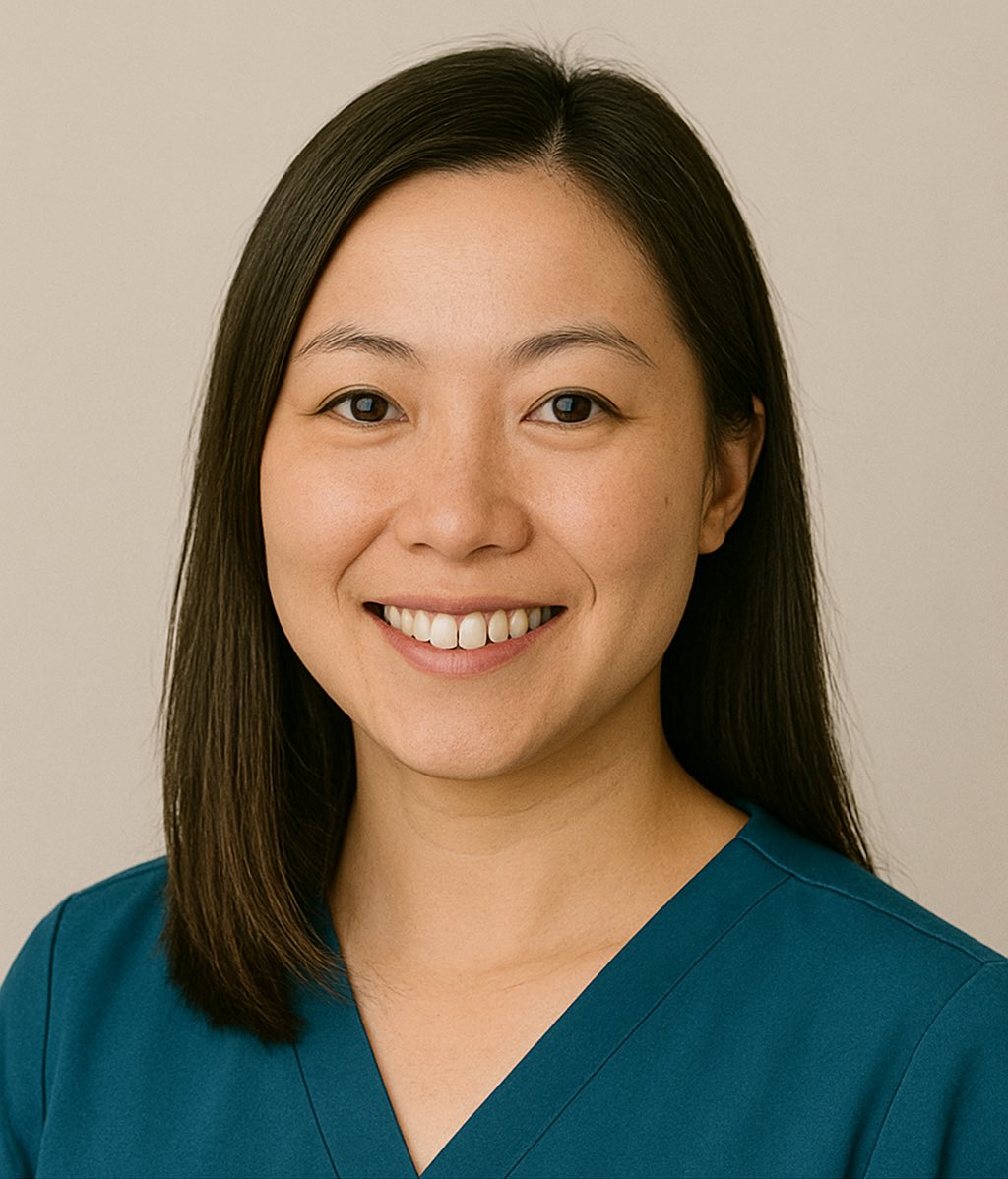

Olivia Chen, NP
June 4, 2025
A Licensed Practical Nurse (LPN) serves as a fundamental healthcare worker who delivers basic nursing care while being supervised by physicians and Registered Nurses (RNs). The healthcare system of Vermont which includes community hospitals, elder care facilities, and rural clinics depends heavily on LPNs for essential care. The nurses in Vermont hospitals and nursing homes measure vital signs while giving medicine to patients and assisting with daily needs and providing comfort. The small size of Vermont combined with its aging population and many rural areas leads to a high demand for LPNs who provide quick and compassionate patient care.
Randolph, VT - Public 4-Year - vermontstate.edu
Campus Based - Visit Website
Vermont State University's campus-based Practical Nursing (C.T.) program prepares students for entry into healthcare with a focus on comprehensive patient care. Admission requires recent college-level courses in human anatomy, physiology, nutrition, and psychology completed within the last ten years, along with demonstrated math and English proficiency via Accuplacer scores or transfer credits. A criminal background check and drug screening are mandatory. The program emphasizes hands-on experience, equipping graduates for a rewarding nursing career without the need for an entrance exam, as it is not specified for this certificate-level training.

The standard duration for completing LPN programs in Vermont amounts to one year when students study full-time. Students must complete 40 to 50 credit hours of classroom education combined with practical training through this program. The LPN curriculum consists of fundamental subjects that include anatomy, physiology, nursing fundamentals, pharmacology, nutrition, and lifespan psychology. The nursing education curriculum includes fundamental courses about medical-surgical nursing as well as maternal and pediatric care, mental health, and geriatrics. The curriculum of each academic term combines theoretical knowledge with practical training which allows students to practice their concepts through supervised lab work and actual clinical settings.
| School Name | Highlights | Retention & Grad Rates |
|---|---|---|
| Vermont State University |
|
|
| Certifying Board | Vermont Office of Professional Regulation, Board of Nursing |
|---|---|
| Certification | NCLEX-PN via Pearson VUE |
| Educational Prerequisite | Graduation from a board-approved practical nursing program with official transcript and program verification |
| Application & Fees | $75 licensure-by-exam processing fee, $200 NCLEX-PN exam fee, up to $25 fingerprinting service fee, $25 temporary permit fee (if requested) |
| Processing Time | Authorization to Test issued in 1–2 weeks, permanent license typically issued in 3–5 business days after passing NCLEX and background clearance |
| License Renewal Period | Biennial renewal every January 31 of even-numbered years with a $200 renewal fee |
| Continuing Competency | Must satisfy one pathway each cycle: 20 hours of CE, 400 practice hours in the last 2 years, 960 practice hours in the last 5 years, a national nursing certification, or completion of a nursing/re-entry program within 5 years |
| Licensure by Endorsement | $150 endorsement application fee, verification of current unrestricted LPN license, fingerprint-based background check, proof of recent practice or completion of board-approved refresher. |
Licensed Practical Nurses working in Vermont receive competitive salary payments which range between $55,000 to $65,000 annually. Entry-level nurses earn lower wages than more experienced nurses who work in specialized positions. The healthcare sector of Vermont operates with pay rates that match local prices along with current worker requirements. The employment market for LPNs stays positive because Vermont faces population aging and healthcare worker shortages throughout its urban and rural areas. The majority of healthcare providers who employ LPNs include long-term care facilities and home health services and primary care clinics.
| Salary & Career Outlook | Vermont | USA |
|---|---|---|
| Avg Annual LVN Salary | $56,400 | $62,340 |
| Avg Hourly Wage | $27.00 | $29.97 |
| 90th Percentile Salary | >$63,087 | $80,510 |
| Median Salary | ~$56,400 | $62,340 |
| 10th Percentile Salary | <$50,860 | $47,960 |
| Projected Job Growth (2022–2032) | ~5% | 3% |
| Annual Job Openings | ~1200 | |
| U.S. | ~54,000 |
Data Sources: U.S. Bureau of Labor Statistics (BLS) and Salary.com.

| School Name | Highlights | Annual Estimated Tuition & Fees |
|---|---|---|
| Vermont State University |
|
|
The nursing career progression for LPNs in Vermont offers multiple professional advancement possibilities. The LPN-to-RN bridge program represents a well-known career progression which enables licensed practical nurses to achieve RN status by completing an associate degree. LPNs who enter these programs gain early entry which allows them to finish their RN training at a faster pace. LPNs who finish their associate degree can advance their education to obtain a Bachelor of Science in Nursing through RN-to-BSN programs that exist both online and in hybrid formats. LPNs can obtain specialized certifications in areas which include gerontology along with IV therapy and wound care. LPNs who acquire more experience and skills have the potential to become leaders who serve as charge nurses at long-term care facilities. The experience and skills of LPNs enable them to mentor new nurses while teaching nursing assistants in clinical settings. Healthcare employers throughout Vermont support employee education through tuition reimbursement programs and adaptable scheduling options. LPNs can build their professional expertise through education and specialization to handle more complex responsibilities while increasing their salaries for better patient care delivery.
Additional Nursing Programs in Vermont
Campus Based - Website